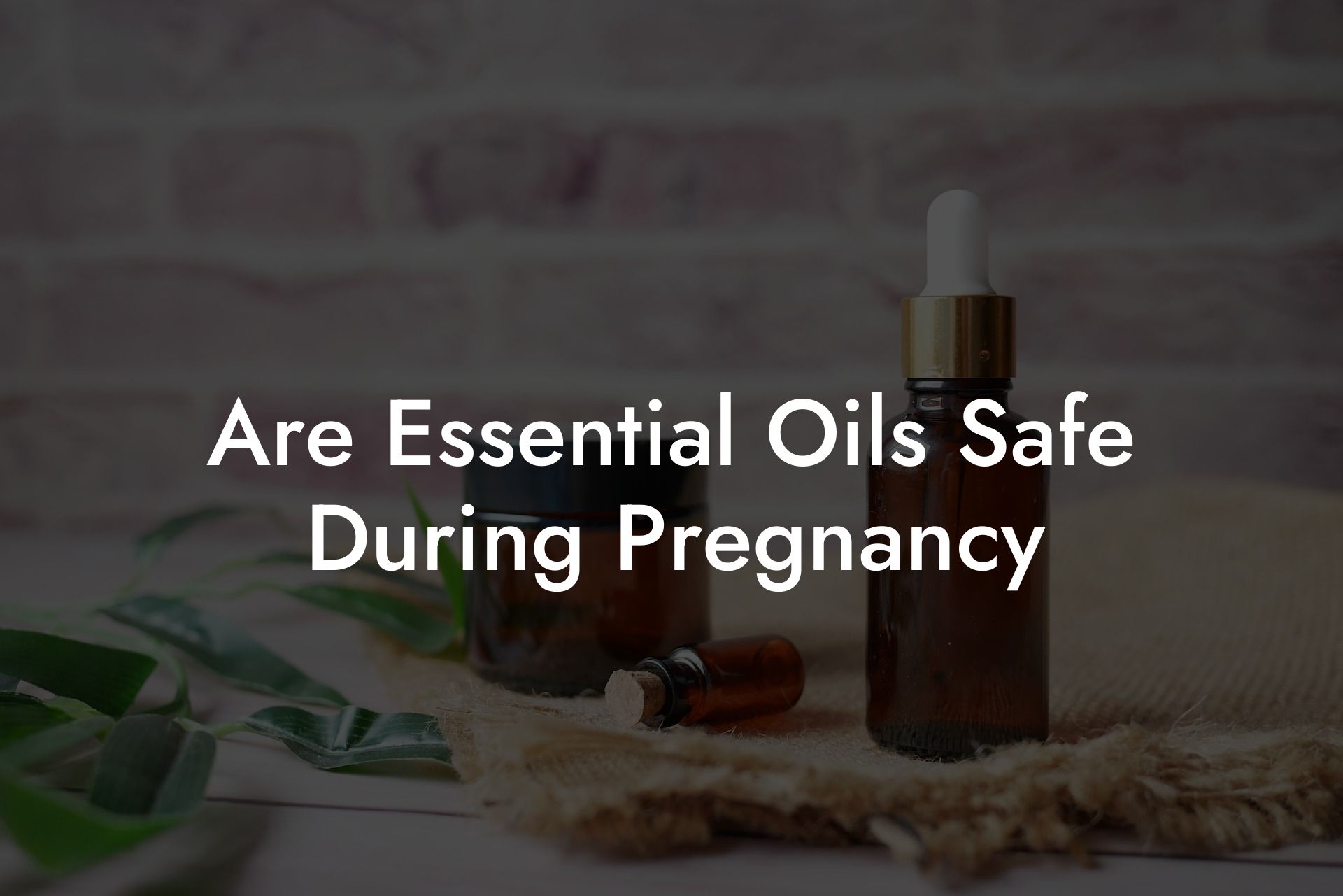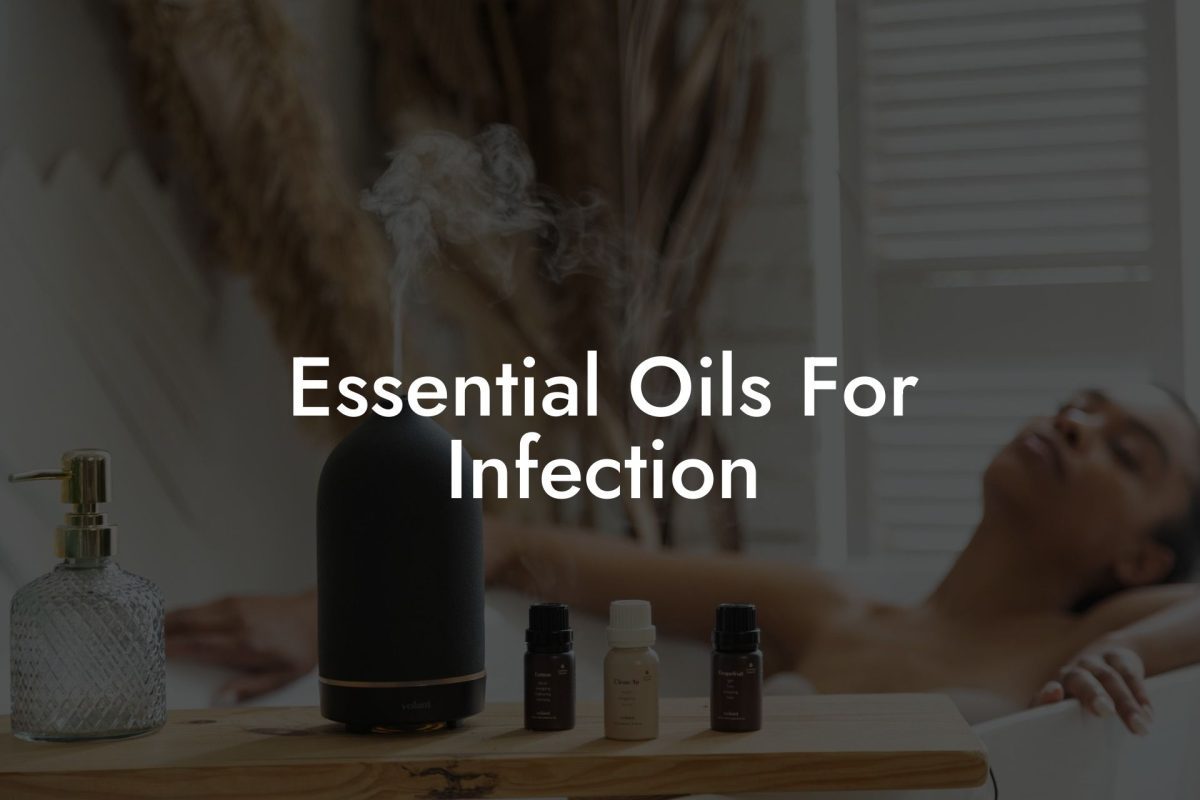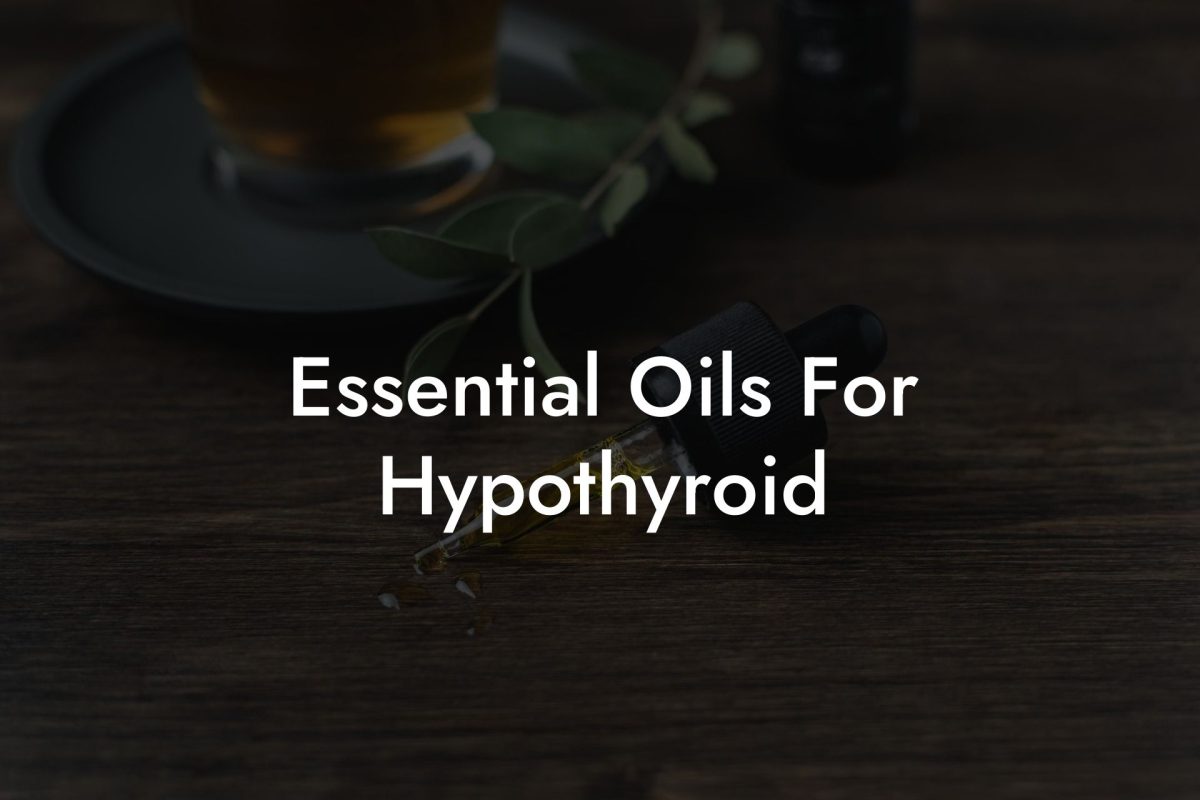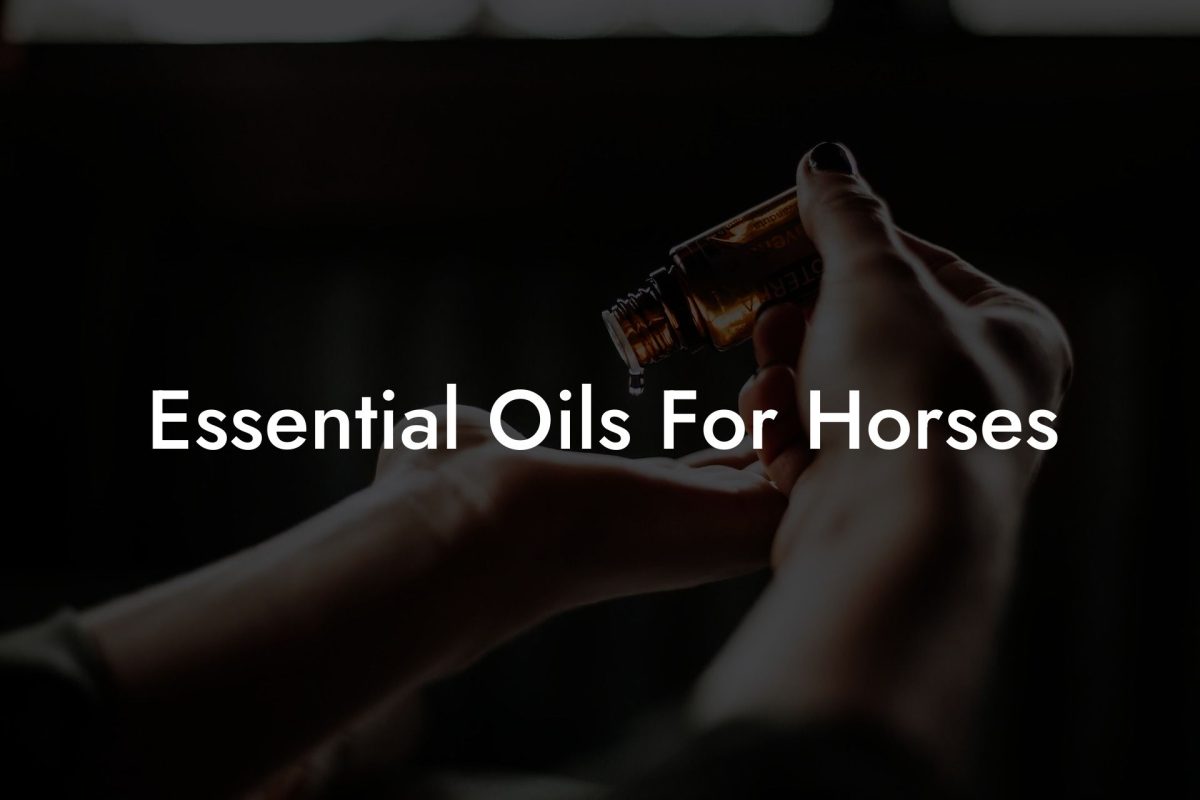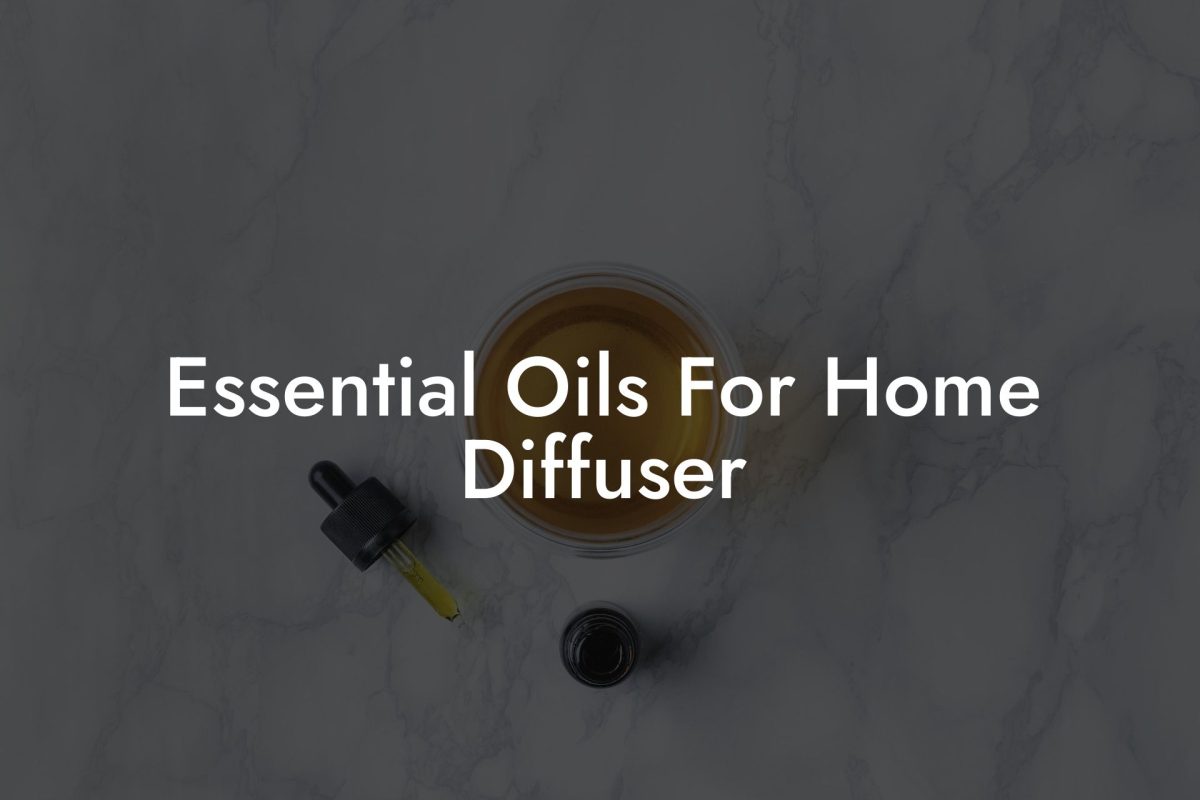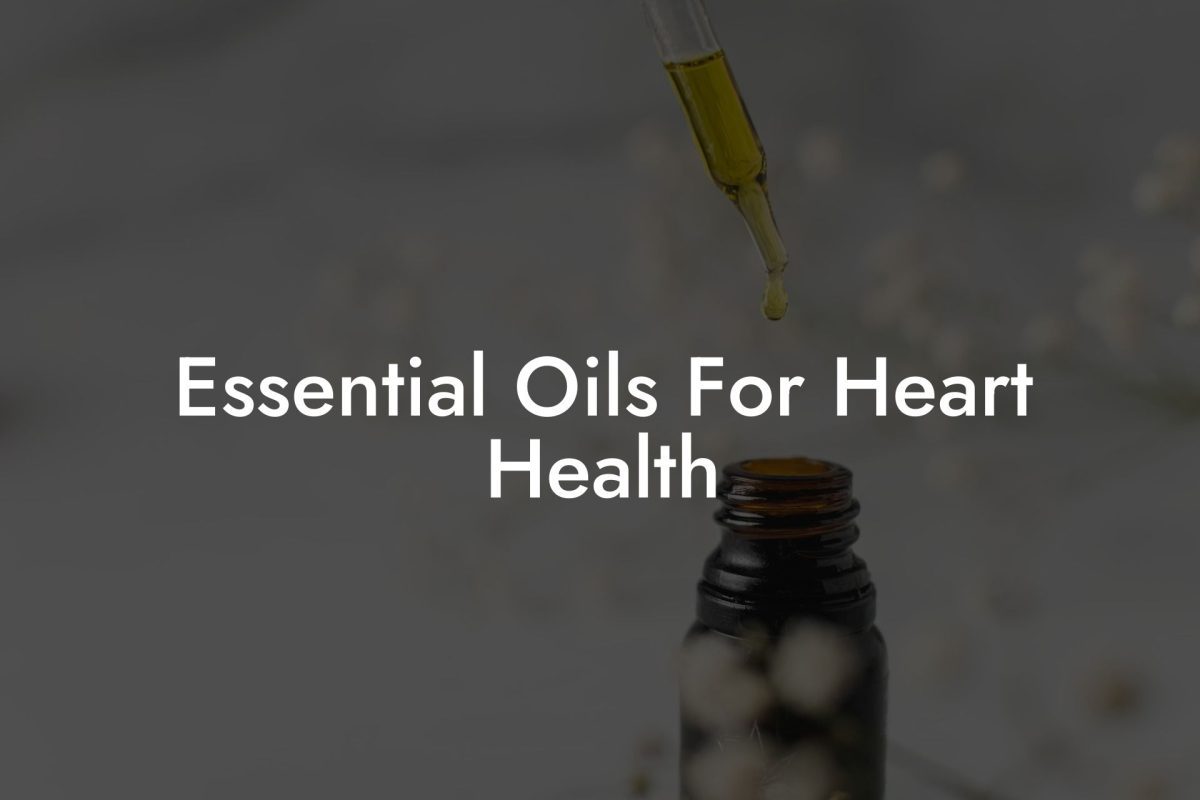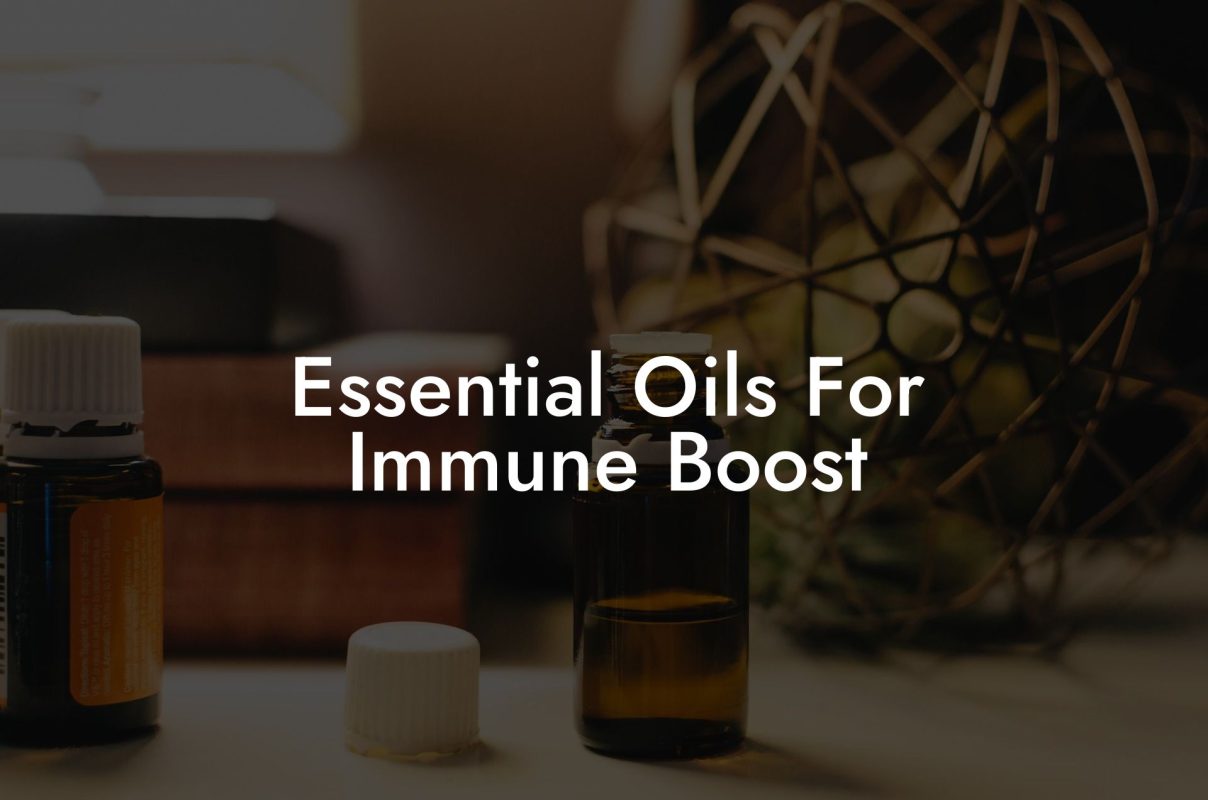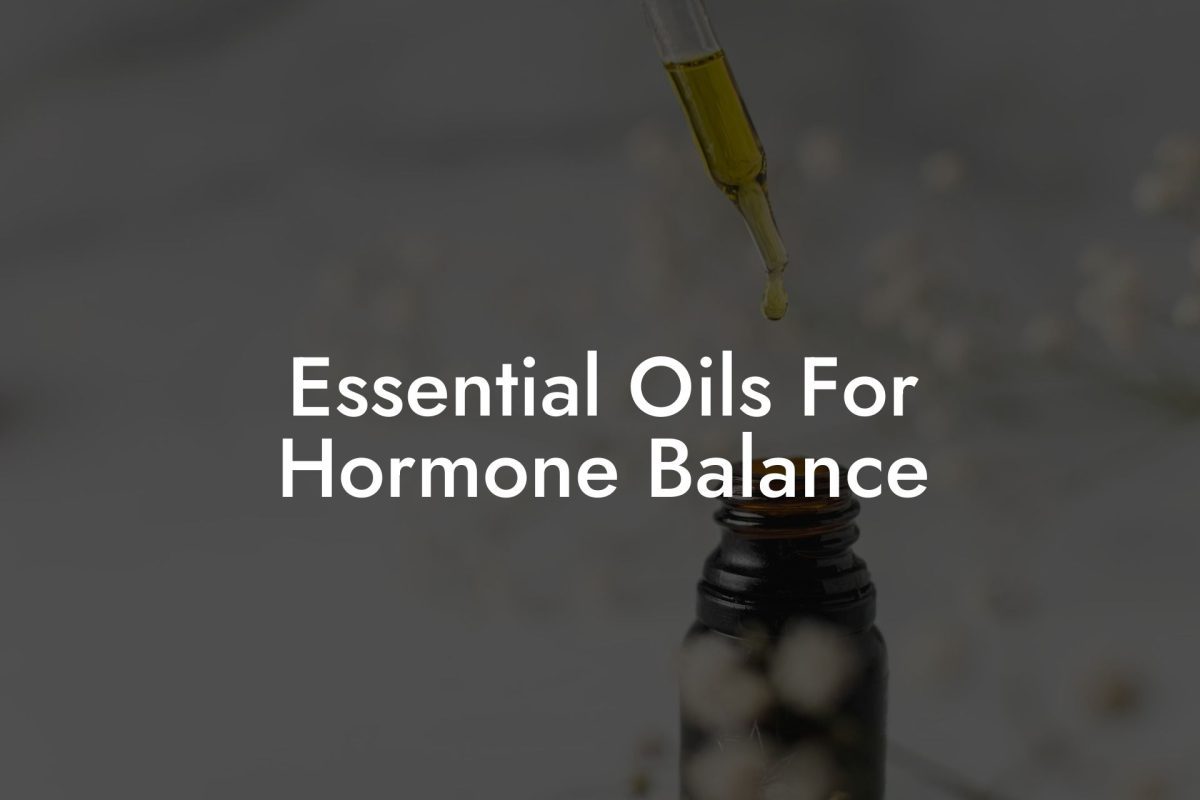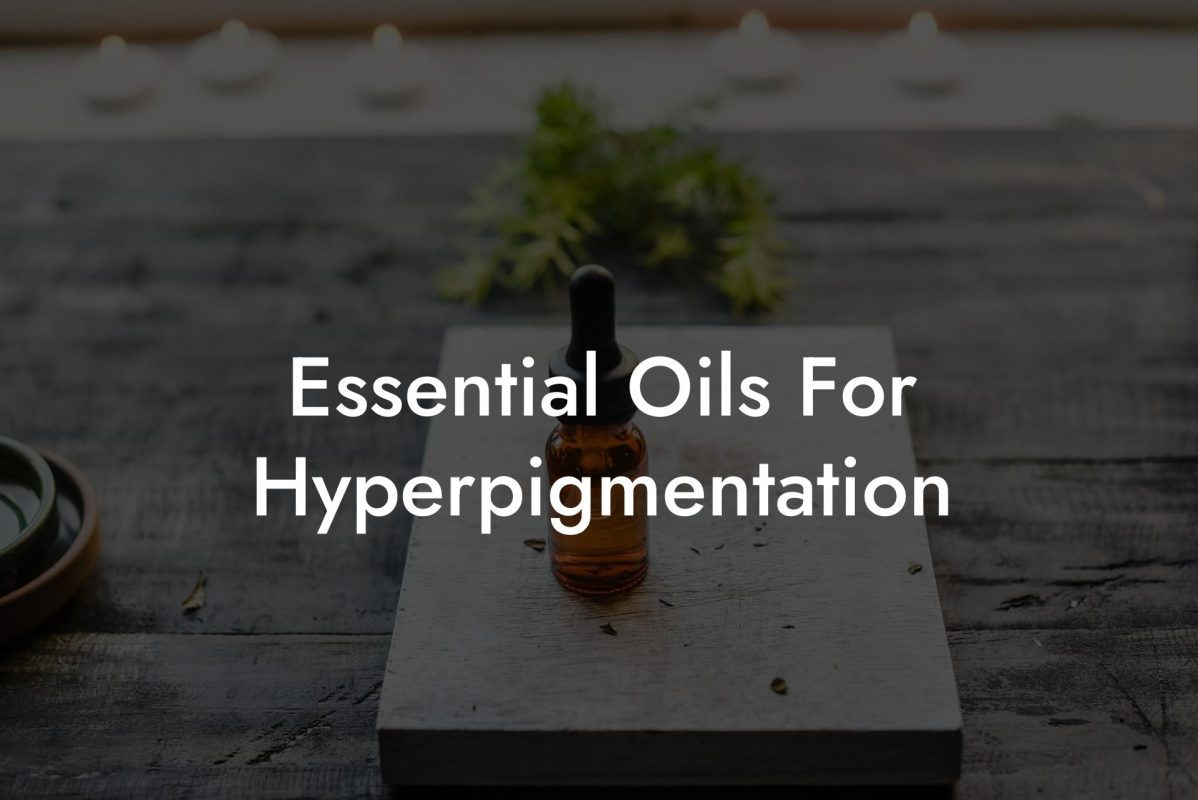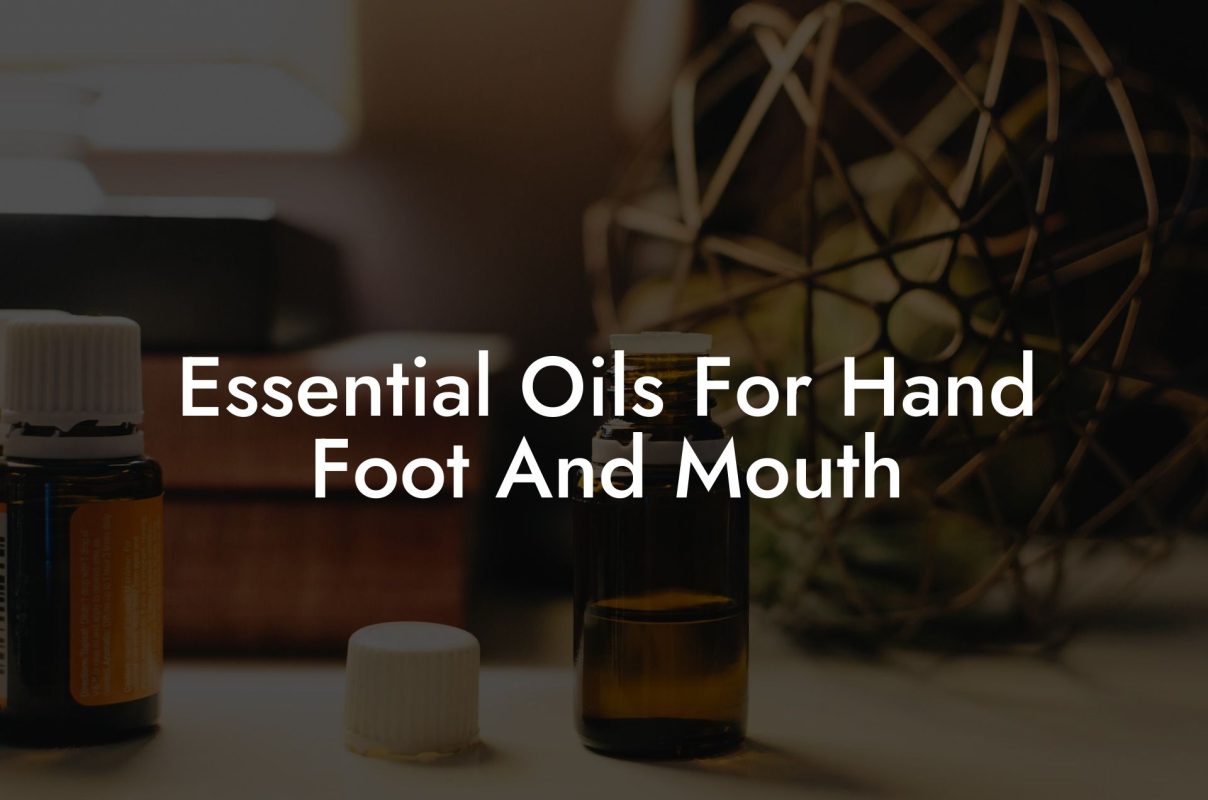Pregnancy is a magical time, filled with excitement and anticipation. It’s also a time when you want to take extra care with your health and wellbeing, which often leads to seeking alternative and natural remedies for common pregnancy-related challenges. Essential oils, with their therapeutic benefits and delightful scents, may seem like a perfect addition to your pregnancy self-care routine. But is using essential oils during pregnancy safe? In this article, we’ll explore the do’s and don’ts of using essential oils in pregnancy and provide some helpful guidance on choosing the right oils for you and your baby.
Table of Contents
Understanding Essential Oils and Pregnancy Safety
Essential oils are highly concentrated plant extracts with various therapeutic properties. However, their potency also means they should be used with caution, especially during sensitive periods such as pregnancy. In this guide, we’ll cover the important topics to consider before using essential oils while expecting.
General Guidelines for Using Essential Oils During Pregnancy
Before using any essential oils during pregnancy, consult your healthcare provider or a certified professional aromatherapist. They can help you determine the right oils for your specific needs and ensure that your use of essential oils is safe for both you and your baby. Here are some general guidelines for using essential oils during pregnancy:
- Stay cautious during the first trimester, as it is the most crucial period of your baby’s development. Avoid using essential oils or limit their use to an absolute minimum.
- When using essential oils, always choose high-quality, pure oils from a reputable source.
- Dilute essential oils properly to ensure safety. A general rule of thumb is to use a 1% dilution (1 drop of essential oil per teaspoon of carrier oil) during pregnancy, half the concentration usually recommended for adults.
- Avoid using essential oils internally, and limit topical applications to areas with low skin sensitivity and good absorption (e.g., soles of the feet).
- Consider diffusing essential oils into the air, using a diluted solution in a water-based diffuser, as this method reduces direct contact and is less likely to cause adverse reactions.
Essential Oils to Use with Caution During Pregnancy
While some essential oils can be beneficial during pregnancy, others should be used sparingly or avoided altogether.
Essential Oils to Use Sparingly
Some essential oils are considered generally safe when used properly during pregnancy, but should be used in low concentrations to minimize any potential risks:
- Lavender (Lavandula angustifolia) – Helps with relaxation, sleep, and alleviating stress or anxiety.
- Chamomile (Matricaria recutita) – Provides relief for anxiety, stress, and insomnia.
- Neroli (Citrus aurantium) – Helps combat stress and anxiety and improves mood.
- Ylang-Ylang (Cananga odorata) – Reduces stress, anxiety, and helps with sleep.
- Ginger (Zingiber officinale) – Can alleviate feelings of nausea and morning sickness.
Essential Oils to Avoid During Pregnancy
Certain essential oils have properties that can negatively affect pregnancy or pose risks to you and your baby’s wellbeing:
- Clary Sage (Salvia sclarea) – It can stimulate uterine contractions and should be avoided, especially during the first trimester.
- Rosemary (Rosmarinus officinalis) – Has a stimulating effect and can increase blood pressure; not recommended during pregnancy.
- Basil (Ocimum basilicum) – Known to stimulate menstrual flow and should be avoided during pregnancy.
- Peppermint (Mentha × piperita) – Can encourage menstruation and is best avoided, especially in the first trimester.
Additional Considerations for Using Essential Oils During Pregnancy
– Some individuals may develop allergies or sensitivities to essential oils, so always perform a patch test before using a new oil, even if it’s considered safe during pregnancy.
Are Essential Oils Safe During Pregnancy Example:
During her second trimester, Jane decided she needed some relief from her pregnancy-related stress and anxiety. She consulted with her healthcare provider and was advised to try diffusing a low concentration of lavender essential oil at bedtime. Jane purchased a high-quality lavender essential oil and diluted it with water in a diffuser at a 1% concentration. After following these safety guidelines, she enjoyed the calming scent and noticed improvement in her sleep and overall wellbeing.
Using essential oils during pregnancy can offer numerous benefits, but it’s vital to use them safely and responsibly. Be sure to consult with a healthcare professional or aromatherapist before incorporating essential oils into your pregnancy routine. If you found this article helpful, please consider sharing it with others who may benefit from this information. Additionally, be sure to explore other essential oil guides and our artisanal essential oil products at Oshu Oils. Your safety and wellbeing are our top priorities as we learn more about the world of essential oils and aromacology together.

